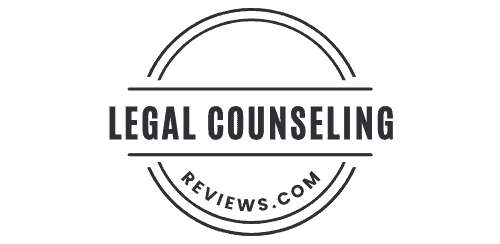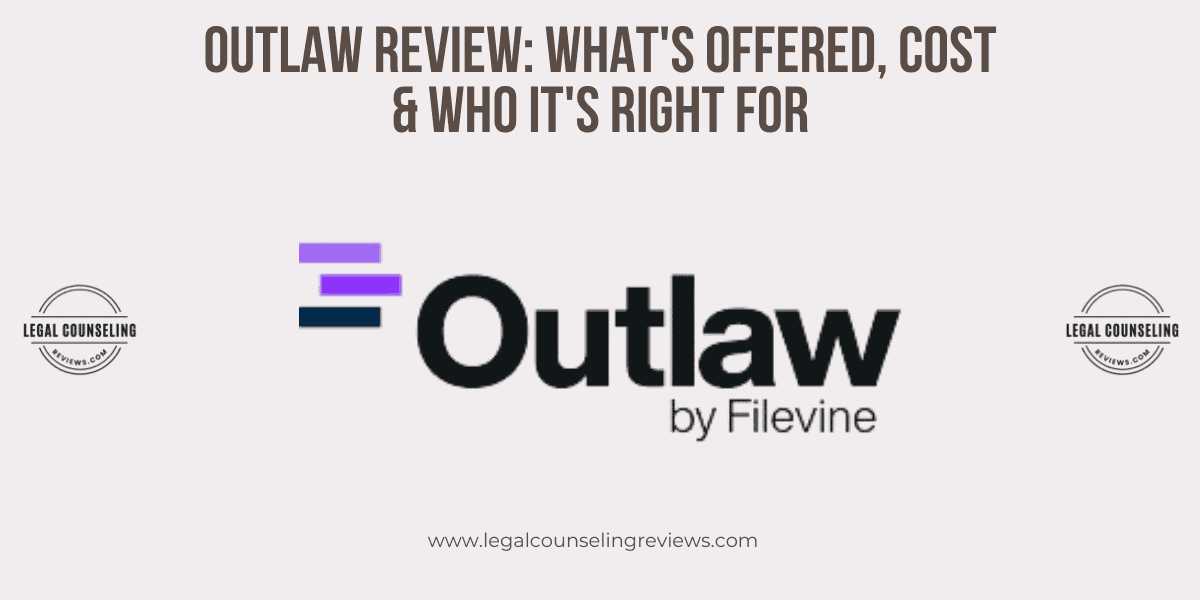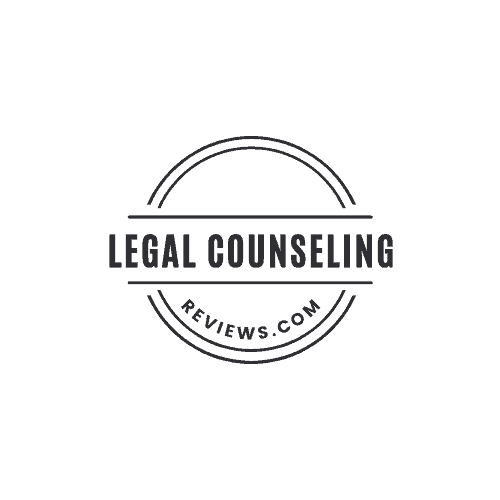End-of-life decisions are not a welcoming thought, but responsible people settle their affairs in advance. Securing your legacy is easily accomplished through estate planning. A common misconception is that a living trust and a will are only for the rich. Truth is, even the young need to be ready for unpredictable circumstances.
Estate planning is not complicated, but why waste time reading the process when you can benefit from professional assistance? LegalZoom has all the necessary tools and info you need for a fast and affordable estate plan tailored to your needs.
Our complete guide to LegalZoom estate planning explains key terms and procedures helping you make the correct decisions for your family.
What is an Estate?
Estate has become a synonym for wealth, but in reality, the rich do not have a monopoly on the term. All your belongings, including your house, cars, money, family heirlooms, and investment portfolio – qualify as your estate.
Every individual enjoys their possessions, but who gets to keep them after the death of the owner?
They need to be legally distributed among family members to prevent family arguments and the government from inheriting the property.
An estate plan is a framework that ensures an orderly distribution, and the building blocks are a living trust and will. LegalZoom can assist you in preparing every document.
Do You Have to Hire an Attorney?
Legal counsel is not required when preparing the estate plan. Certain situations and documents may require an attorney, but those are case-dependent. If you are receiving government benefits or have a child with special needs, a lawyer can prepare the forms for a living trust. This ensures that the child’s endowment doesn’t preclude them from collecting future benefits.

Prepare the Essential Documents
Preparing a comprehensive estate plan means planning for every eventuality, not just death but disability and how you will continue to live with it. Agents at LegalZoom will guide you to all the nuances of the plan, and the adequate paperwork.
Write a Will
A will designates who gets what after your death. Without a testament in most jurisdictions, the law stipulates that the closest relative inherits the property. If you have minors or adult children with disabilities, a will is a legal mechanism for appointing custody over them in case of premature death of the parents. The team at LegalZoom has experience with sensitive issues.
Non-probate property that includes pensions, life insurance proceeds, and real estate in joint ownership can’t be transferred through a will.
Financial Power of Attorney
A financial power of attorney (POA) authorizes someone to manage your legal and financial affairs. Paying bills, selling property, managing a business, or applying for government benefits are the responsibility of the attorney. LegalZoom can explain POA in more detail.
Depending on the formulation in the agreement, the POA can immediately become active, or in case of future physical or mental incapacity. The authority of the attorney ends upon the death of the principal. You can also revoke the POA at any time.
Create a Living Trust
The process of activating a living trust is slightly more complicated than using a will.
The extra effort offers reduced estate taxes, the precise distribution of assets to heirs, and no probate for the property. Consult with LegalZoom to learn the benefits.
With this legal route, all property titles are transferred to the living trust. Creating a trust is easy and involves: listing your assets, putting them in the trust, and selecting a trustee. The living trust is activated immediately, but you retain ownership and continue to manage the estate. Upon death, the trustee and the person appointed to oversee the transfer of assets to the beneficiaries will manage the process together.
A large family and numerous assets translate to possible future complications that can be easily avoided with a living trust.
Consider a Life Insurance Policy
Homeowners and parents should invest in a life insurance policy. It provides a layer of protection in an emergency. If you expect high tax payments for your estate or accumulated debt, your inheritors can use the proceeds from the insurance to pay for the taxes and debts.
Do Not Forget Your Digital Assets
The digital landscape is slowly invading every aspect of life and work. No laws prevent digital assets from being included in a will or living trust. Accounts are usually associated with banks, but in recent years are displaced as a synonym for social media and email. If unsure what qualifies as an asset, LegalZoom can provide the answer.
On the other hand, cryptocurrency has value and should be included as an asset in legal inheritance documents of your choosing. Some social media channels can also generate revenue, income that can be received by a family member with proper access.
Passwords for online accounts and instructions for possible deactivation of social media profiles can also find a place in the final version of the document. If the technical aspect gets too complicated, the LegalZoom team can clarify any questions.
Funeral Preparations
The burial is a costly event and a potential financial burden for family members.
Making arrangements ahead of time reduces expenses for the family and enables loved ones to grieve without rushing to make the necessary preparations for the funeral.
Options include a pre-pay or arranging for authorization for payment from your bank account after death. LegalZoom will advise you on the best payment options.
Executing the Estate Plan
Informal promises are not valid in court. Only a legal framework can guide the distribution of your assets. The LegalZoom team will check and make sure every document is personally signed, witnessed by two individuals, and notarized. In the case of a living trust, it is useless if not funded with your assets. Only a complete estate plan can be executed correctly!
Safely Store the Paperwork
All the hard work invested in preparing the estate planning paperwork can be in vain if the documents end up misplaced or destroyed. Documents are the legal map, and like with any treasure map, these have to be protected. Store the will and living trust in a home safe or deposit them in a bank vault.
The papers need to be safe, but the location should not be a secret. Following your death, all papers need to be retrieved by a trustee, attorney, or family member and presented before a court, so your wishes can be fulfilled.
Benefits from LegalZoom’s experience in outlining the best estate plan for your family’s future!
Author

Raymond Hickman is a distinguished lawyer, writer, and legal commentator with extensive experience in various areas of law. He is widely recognized for his exceptional legal knowledge, insightful analysis, and engaging writing style, which have earned him a reputation as a leading voice in the legal profession.With his exceptional legal expertise, insightful analysis, and engaging writing style, Mr. Hickman has earned a reputation as a leading authority in the legal profession. His contributions to the field of law have been recognized by his peers, clients, and the wider legal community, making him a valuable resource for anyone seeking legal advice or insight.








